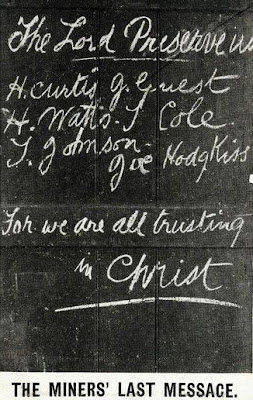For many years I have been using the free version of a photo/video storage program. It serves my purpose well enough and they don't often pester me to pay for the upgrade, but every few months they do send me a friendly but extraordinarily ill-conceived message. It is always the same: the subject line is "
Someone's been busy!", it addresses me with "
Hi!" and my name and then:
"
We bet you've been busy: spending time with friends and family, jetting off to foreign locales, perhaps even trying out a new activity. Now it's time to upload to your account and share all the great photos and videos you've taken...."
Their suppositions are laughably wide of the mark: it is true that I do have some friends and a family with whom I spend time occasionally, but otherwise there is nothing there that suggests they have found out anything whatsoever about me during all those years. What makes them think I have been
busy, for example? And are their airport watchers confusing me with some tycoon frequently spotted at the first class check-in for flights to Ulan Bator?
None of this has any relevance to my life style: they might just as well have enquired how I am enjoying my job as equerry to the Prince of Wales, or whether my new interest in pole-vaulting has proved rewarding.
But my friend Grumio has pointed out that such inaccurate profiling is rather re-assuring. If their data collection technique is so poor that they can only make wild guesses about what I am up to, then any attempt by them or anyone who hacks into their website to steal my identity is bound to end in failure.
 March 1908: Jess in Birmingham sends Josie in Bath a stark document of the mine disaster at Hamstead Colliery a fortnight before, in which twenty-five miners and one rescue worker died.
March 1908: Jess in Birmingham sends Josie in Bath a stark document of the mine disaster at Hamstead Colliery a fortnight before, in which twenty-five miners and one rescue worker died. 

 This was taken in Andalucia the other day and the one on the horse is my grand-daughter. Although the hat is only a peripheral element here, I could not resist using the picture as the forty-first in
This was taken in Andalucia the other day and the one on the horse is my grand-daughter. Although the hat is only a peripheral element here, I could not resist using the picture as the forty-first in 


